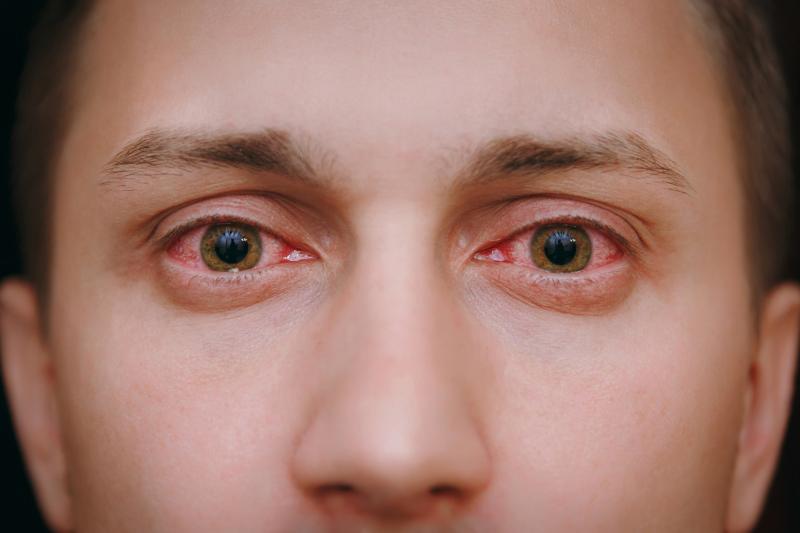
Younger age, prior cataract surgery, and glaucoma surgery are some of the predictors of reduced remission incidence in patients with chronic anterior uveitis, reveals a study, which has shown nearly one-third of patients remitting within 5 years.
“[P]atients with these factors should be managed taking into account the higher probability of a longer disease course,” the authors said.
A total of 2,795 eyes of 1,634 patients with chronic anterior uveitis were followed over 7,936 eye-years (4,676 person-years). The cumulative medication-free, person-year remission incidence within 5 years stood at 32.7 percent (95 percent confidence interval [CI], 30.4–35.2).
The following baseline clinical factors predicted reduced remission incidence: longer duration of uveitis at presentation (for 2–5 years vs <6 months: adjusted hazard ratio [aHR], 0.61, 95 percent CI, 0.44–0.83), bilateral uveitis (aHR, 0.75, 95 percent CI, 0.59–0.96), prior cataract surgery (aHR, 0.70, 95 percent CI, 0.56–0.88), and glaucoma surgery (aHR, 0.63, 95 percent CI, 0.45–0.90).
Other predictors of reduced remission incidence included two time-updated characteristics, namely keratic precipitates (aHR, 0.36, 95 percent CI, 0.21–0.60) and synechiae (aHR, 0.62, 95 percent CI, 0.41–0.93), as well as systemic diagnosis with juvenile idiopathic arthritis and spondyloarthropathy.
On the other hand, older age at presentation was associated with a higher remission incidence (for age ≥40 vs <40 years: aHR, 1.29, 95 percent CI, 1.02–1.63).
This retrospective cohort study included patients diagnosed with anterior uveitis of longer than 3 months’ duration followed up at US tertiary uveitis care facilities. The authors used survival analysis to estimate remission incidence and identify associated predictors.